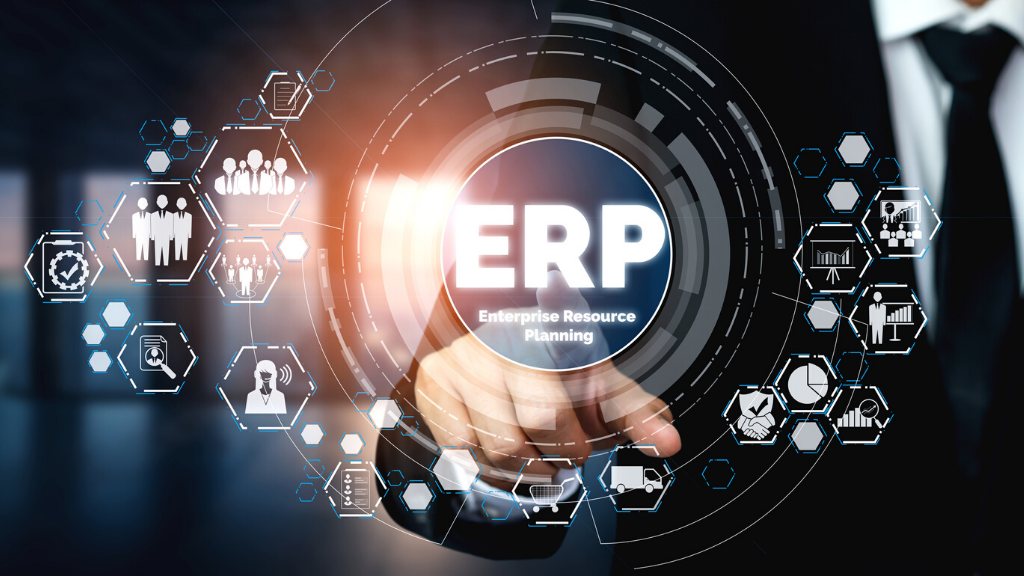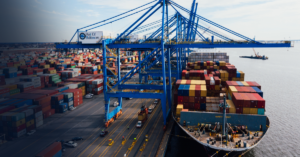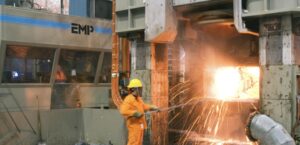What Food and Chemical Manufacturers Need to Know About ERP Upgrades

By now, you have seen the positive effects that a quality ERP solution has in supporting your business operations and all the data that accompanies it. If your system has become outdated, you’ve likely noticed that your efficiencies and ability to make quick and accurate decisions have suffered.
Implementing an ERP system can be a formidable project. Still, for food and chemical manufacturers, ERP solutions are the lifeblood of their operations and are well worth the effort of keeping them current.
If your ERP system is no longer meeting the needs of your workplace, where employees expect on-demand availability from every location and device, you need to decide whether to upgrade your existing system or replace it with a new one.
Here are a few things to consider when upgrading your existing ERP system.
Completely replacing your existing system will typically be more expensive and time-consuming. Upgrading can save you time and money; however, consider that there might be times when replacement is the better option:
- An upgrade will be similar to implementing a new system
- You aren’t happy with the current vendor, the software, or issues with service or support
- A new system’s software development aligns better with your organization’s strategy
- The new software has superior functionality
Upgrading your ERP makes sense. If your organization uses an ERP system that has a modern version, you could consider upgrading. If the latest version has session, file, and database table structures that are much like the current system, you’re probably looking at an upgrade that will be relatively uncomplicated. Many businesses choose this option if the new software meets their needs, and the upgrade will be at least 25% simpler and less expensive than a completely new system.
What is involved in an upgrade?
There are two types of upgrades, and you should understand each one of them to be able to make an informed decision.
The first type of upgrade is when you merely move from one version to another. For example, you’re using version 9.0 of software, and you want to upgrade to 10.2, which is the newest version. You’ll be using the same application and vendor, just a different version. These updates can happen without you even being aware of it if you have a cloud-based application.
The other type of upgrade is moving to a better system. This is comparable to switching from a Volkswagen to a Lexus or to upgrading from a studio apartment to a four-bedroom house. This type of upgrade occurs when the business owner feels that a better system, rather than a different version, is needed.
There are typically five reasons for businesses to upgrade their ERP system.
- Growth: Whenever your company experiences rapid growth, you should evaluate your existing ERP system and choose a software solution that can support that growth.
- Change in leadership: A new CEO or CFO who wants to take the organization to the next level might want to have better visibility in the business or automate more of the processes.
- Restrictions of legacy technology: With a custom-built application, there may be few outside vendors to support it or a dwindling number of employees who understand it within the company. Or the ERP could be at the point where it no longer does what it’s supposed to or what you need it to do.
- Regulatory changes: Complex accounting and revenue recognition rules are coming out more often than before. Many companies are discovering that their systems can no longer provide the required controls.
- Mergers and acquisitions: If a new investor group comes in, you might need to upgrade your ERP system to support their needs and preferences. Or if a larger firm buys your smaller organization, you probably will end up with the parent company’s ERP system.
There are tremendous benefits to upgrading your existing ERP system, and many considerations as well. Evaluating and upgrading your ERP system requires expert insights. The entire team at Decision Resources has the expertise and experience to ensure your ERP has what it takes to fulfill your company needs and customer expectations. Please get in touch through our online contact form, call 412-562-9660, or email us at info@decision.com.
Similar Blogs

Chips, drugs, and steel — how to prepare for Trump tariffs

How Steel Manufacturers Forge Ahead with Infor CloudSuite Industrial ERP





